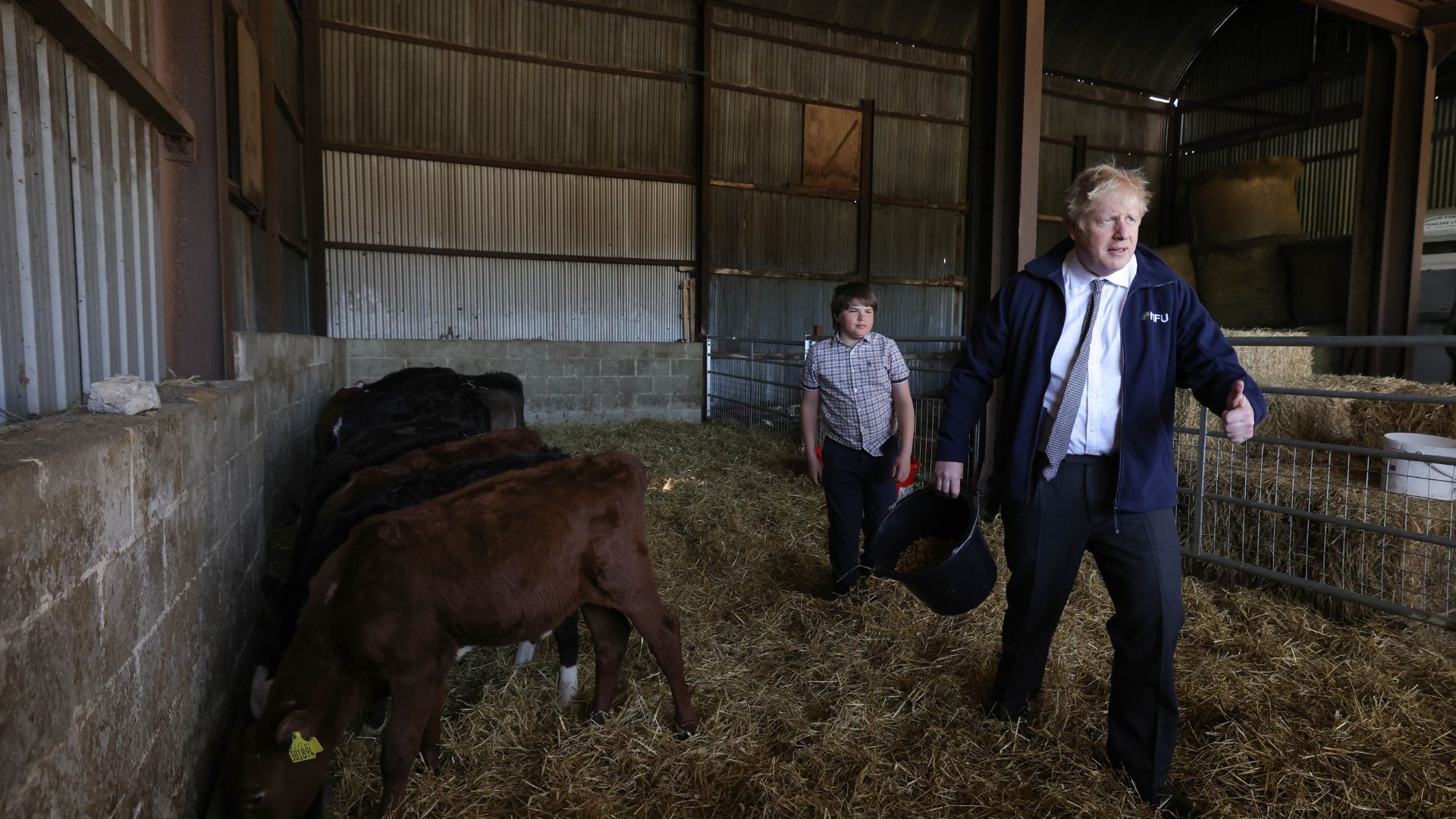Polarisation of issues is becoming increasingly concerning for those of us who are uncomfortable with picking a side. How less divisive would Brexit have been if it had been OK to see both sides, to debate respectfully, and to compromise?
But instead, we got ‘footballification’ – a term coined by journalist, author and radio host James O’Brien to describe the blind loyalty to a “side” that has plagued us for the last few years. And if animal welfare advocates are to succeed in achieving bolder laws to protects animals in the UK, animal issues must not be allowed to be dragged into a similar polarising dynamic because ideologically speaking, concepts like animal rights are compatible with positions across the political spectrum. Allowing a stereotype of animal welfare being a left-leaning pastime has the potential to do great harm to efforts to bring about greater legal protection for animals in this country.
The Overton Window
Developed by political analyst Joseph Overton in the mid-1990s, the Overton Window visualises a spectrum of ideas, policies, and positions on a particular issue, ranging from those that are widely considered “normal” (imagine these in the centre) to those that are considered either unthinkable to repeal, or unthinkable to implement (imagine these as being north and south respectively). So, at the top of the window lie existing policies in law, and beneath it are policies that could be introduced. Between them lies the policies that are regularly contested between the mainstream political factions; these are the sort of proposals that parties add to their manifestos to win over voters in elections.
Universal suffrage started out as something ‘radical’ and ‘unthinkable’ for mainstream politicians to introduce (south of the window), before slowly moving upwards over the past two centuries until it has become radical and unthinkable for governments to strip away basic voting rights (north of the window).
Over time, the range of acceptable ideas shifts as politicians, activists, and the media redefine the boundaries of political discourse by shaping public opinion through advocacy, persuasion, and social change. Ideas that were once considered radical or fringe may become mainstream and incorporated into policy discussions as the Overton Window shifts. Conversely, ideas that were previously accepted may become marginalised (fox hunting) or taboo (slavery). Currently, the likes of universal basic income or animal rights would probably be considered too radical or unthinkable policies for a mainstream party to legislate for any time soon. But who knows what the future holds.
Regardless of whether one cares about animal welfare/rights in general, or one has a specific cause to champion, the goal of the animal advocacy movement is to push animal welfare issues into the politically contested space and then cement policies into law to the point where revoking them is unthinkable for the mainstream parties. And keeping the issues ‘depoliticised’ is vital.





